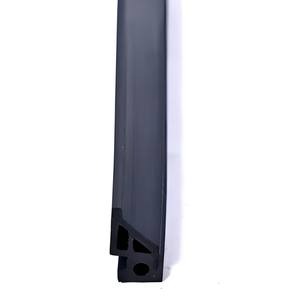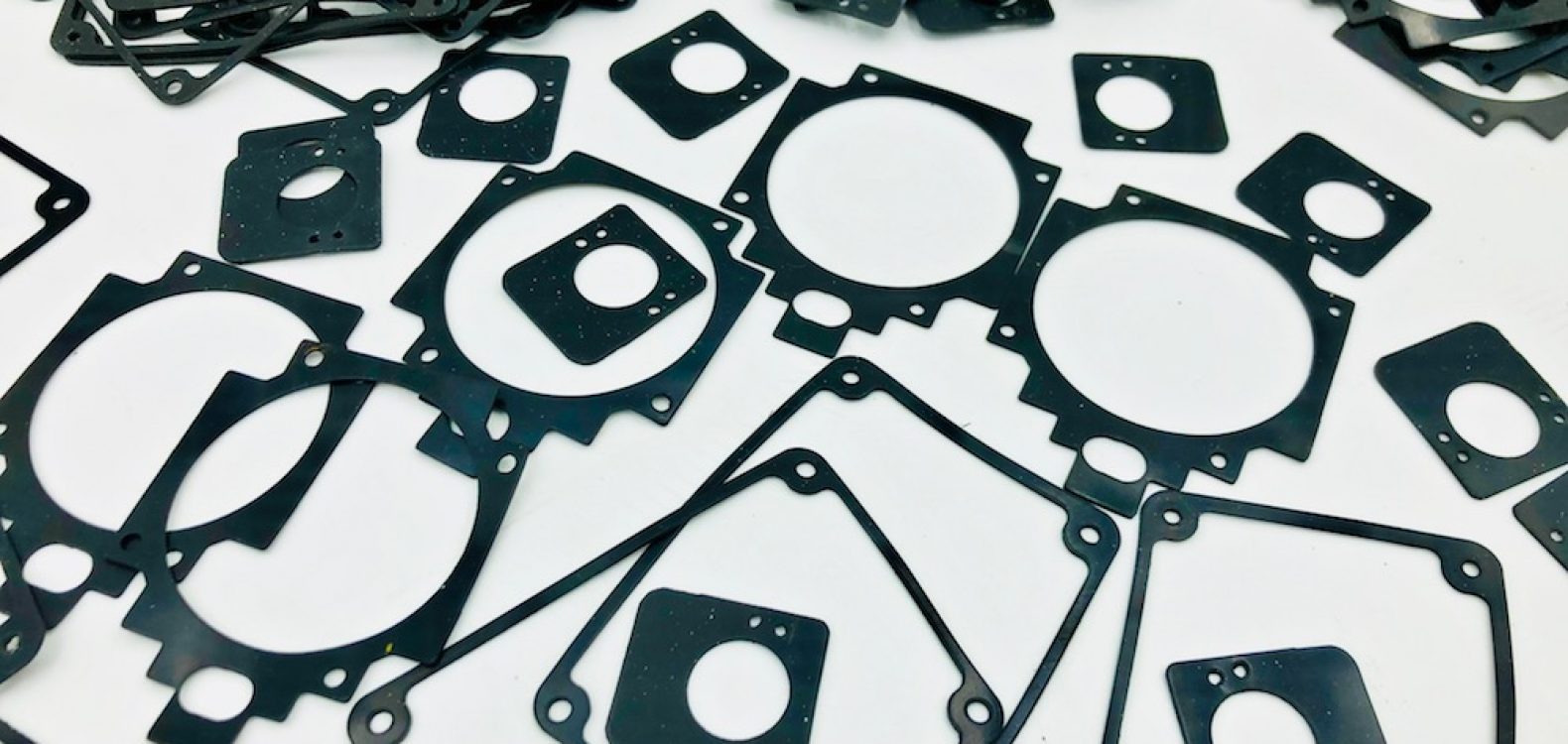Industrial seals are vital components used in various industrial applications to prevent leakage, contamination, and the ingress of foreign substances into mechanical equipment, machinery, and systems. These seals are designed to create a barrier between different components, ensuring the integrity, safety, and efficiency of industrial processes. Here’s a comprehensive and detailed description of industrial seals:
1. Types of Industrial Seals:
- O-Rings: O-rings are the most common type of industrial seal, typically made from rubber or elastomeric materials. They are circular in shape and used to create a static or dynamic seal between two mating parts. O-rings are widely used in hydraulic systems, pneumatic systems, and various mechanical applications.
- Gaskets: Gaskets are flat, typically ring-shaped seals that are used to create a static seal between two flange faces. They are commonly used in pipelines, pressure vessels, and equipment where a reliable seal is required.
- Oil Seals: Oil seals, also known as rotary shaft seals, are used to prevent the leakage of oil and lubricants in rotating or reciprocating machinery. They are crucial in automotive engines, industrial gearboxes, and hydraulic systems.
- Mechanical Seals: Mechanical seals are used to maintain a dynamic seal in rotating machinery, such as pumps, compressors, and mixers. They consist of multiple components, including a stationary seat and a rotating face, and are designed for high-performance sealing in demanding applications.
- V-Rings: V-rings are elastomeric seals used to protect bearings and other components from contamination and moisture. They have a unique v-shaped cross-section and are often used in industrial equipment and machinery.
- Lip Seals: Lip seals, also known as radial shaft seals, are designed to seal the gap between a rotating shaft and a stationary housing. They are commonly used in automotive applications and industrial machinery.
2. Materials:
- Industrial seals are manufactured from a wide range of materials, depending on the application. Common materials include rubber (nitrile, neoprene, silicone, EPDM), plastics (PTFE, polyurethane), metals (stainless steel, carbon steel), and composite materials.
3. Design and Construction:
- Industrial seals are designed with the specific application in mind. The geometry, size, and material composition are tailored to meet the sealing requirements of the equipment or machinery.
- Many industrial seals are designed with features such as garter springs, helical springs, or lips to enhance their sealing performance.
- The choice of design can be influenced by factors such as temperature, pressure, speed, and the type of media being sealed.
4. Function:
- Industrial seals create a barrier to prevent the escape of gases, liquids, or particulate matter from the sealed area.
- They also prevent the entry of contaminants, such as dust, dirt, and moisture, into sensitive components or systems.
- Industrial seals can withstand a wide range of operating conditions, including high and low temperatures, high pressures, and corrosive environments.
5. Applications:
- Industrial seals find applications in a multitude of industries, including but not limited to:
- Automotive: Sealing engines, transmissions, and axles.
- Aerospace: Sealing aircraft engines, hydraulic systems, and fuel systems.
- Oil and Gas: Sealing pipelines, valves, and wellheads.
- Manufacturing: Sealing pumps, compressors, and hydraulic machinery.
- Food and Beverage: Sealing processing equipment to maintain sanitary conditions.
- Pharmaceuticals: Sealing machinery in sterile manufacturing environments.
- Chemical Processing: Sealing vessels and reactors to prevent leaks and contamination.
6. Maintenance and Replacement:
- Industrial seals require periodic inspection and maintenance to ensure they remain effective and in good condition.
- When seals show signs of wear, damage, or failure, they should be replaced to avoid equipment damage and maintain safety.
7. Importance:
- Industrial seals are crucial for ensuring the safe and efficient operation of industrial equipment, as well as for environmental protection and product quality.
8. Innovations:
- Ongoing research and development efforts are focused on creating seals that can withstand more extreme conditions, have longer lifespans, and are more environmentally friendly.
In summary, industrial seals are indispensable components in various industries, providing essential functions to maintain the integrity and performance of equipment, machinery, and systems. The proper selection, installation, and maintenance of industrial seals are critical for safe and efficient industrial processes, as well as for preventing environmental harm and ensuring product quality.


